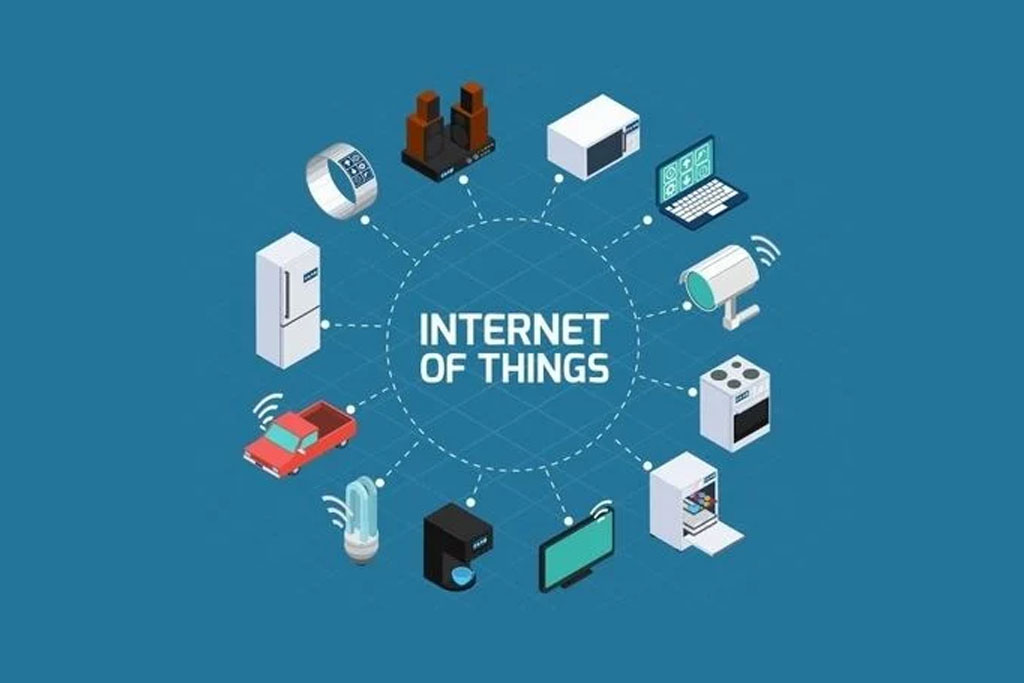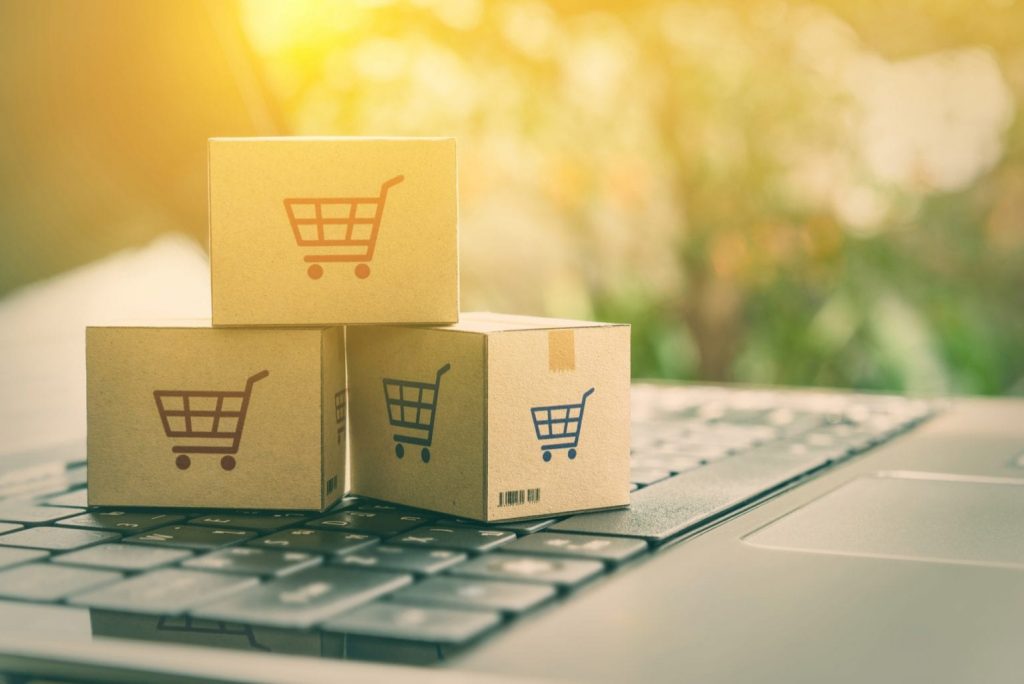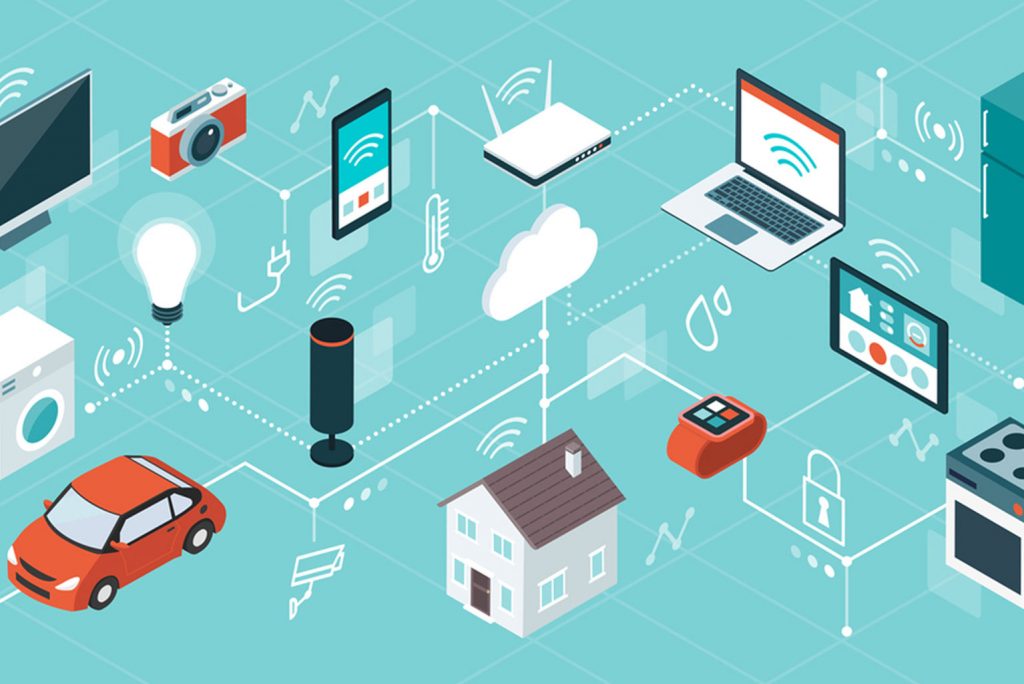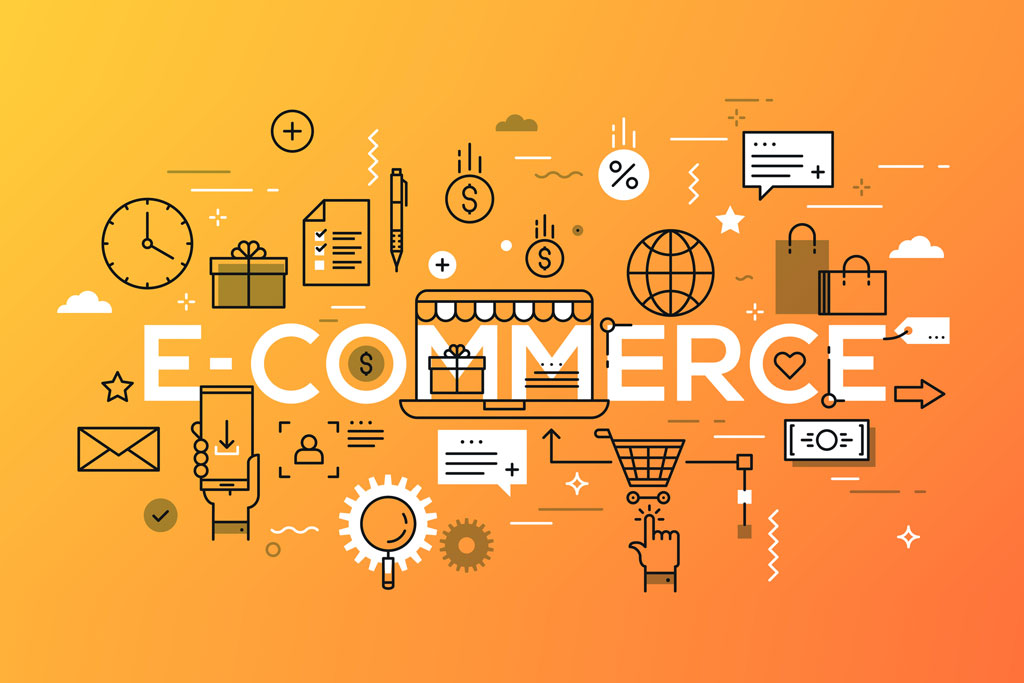The rapid advancement of technology has revolutionized the way we interact with the world, and the concept of the Internet of Things (IoT) has emerged as a transformative force. The IoT refers to the network of interconnected devices embedded with sensors, software, and connectivity capabilities, enabling them to exchange data and perform tasks autonomously. This technology has the potential to reshape various sectors, and one area where its impact is already evident is e-commerce. In this article, we will explore what the Internet of Things is and how it will shape the future of e-commerce.
Understanding the Internet of Things:
The Internet of Things encompasses a vast array of devices, ranging from everyday household objects to industrial machinery. These devices are equipped with sensors that gather data, which is then transmitted through the internet to be processed and analyzed. The collected data can be used to trigger actions, automate processes, or provide valuable insights for decision-making.
The key elements of the IoT ecosystem include:
Devices: Connected devices form the foundation of the IoT. These devices can be anything from smartphones, wearables, and home appliances to vehicles, infrastructure, and even entire cities.
Sensors: Sensors embedded within these devices collect various types of data, such as temperature, motion, location, and environmental conditions. These sensors enable devices to perceive and understand the world around them.
Connectivity: The data collected by sensors is transmitted via wired or wireless networks, allowing seamless communication between devices and the exchange of information.
Data Processing and Analytics: Once the data is transmitted, it is processed and analyzed in real-time or in the cloud. Advanced analytics and machine learning algorithms enable the extraction of meaningful insights from the vast amount of data generated by IoT devices.
How the Internet of Things will shape e-commerce:
Personalized and Contextualized Shopping Experiences: With IoT-enabled devices, retailers can gather real-time data about customer preferences, behavior, and location. This data can be utilized to offer highly personalized and contextually relevant shopping experiences. For instance, smart fitting rooms can recommend clothes based on a customer’s style preferences, size, and previous purchases.
Inventory and Supply Chain Management: IoT devices can provide real-time visibility into inventory levels, allowing retailers to streamline their supply chain operations. Sensors can monitor stock levels, automatically trigger reordering when inventory runs low, and track the movement of goods throughout the supply chain. This enhanced efficiency leads to improved inventory management and reduced costs.
Smart Payments and Seamless Transactions: IoT devices can facilitate frictionless payment processes. For example, connected appliances in smart homes can automatically reorder household items when supplies are running low, eliminating the need for manual intervention. Additionally, IoT-enabled payment systems, such as contactless payments and mobile wallets, provide convenient and secure transaction options.
Enhanced Customer Service: IoT devices enable retailers to proactively address customer needs. Smart devices can automatically diagnose and report technical issues, enabling timely maintenance or repairs. Furthermore, connected customer service solutions, such as chatbots and virtual assistants, can offer personalized recommendations and address customer queries in real-time, enhancing customer satisfaction.
Supply and Demand Optimization: By analyzing real-time data from IoT devices, retailers can gain insights into customer demand patterns and optimize their supply accordingly. This enables more accurate demand forecasting, minimizing stockouts and reducing excess inventory. As a result, retailers can optimize their pricing strategies and maintain a competitive edge in the market.
The Internet of Things is revolutionizing the e-commerce landscape by transforming the way businesses and consumers interact. By leveraging the power of connected devices, data analytics, and automation, the IoT enhances the overall shopping experience, enables more efficient supply chain management, and enables businesses to offer personalized and contextually relevant services. As the IoT ecosystem continues to evolve, it is expected to shape the future of e-commerce by driving innovation, improving operational efficiency, and creating new opportunities for businesses to thrive in the digital era.




